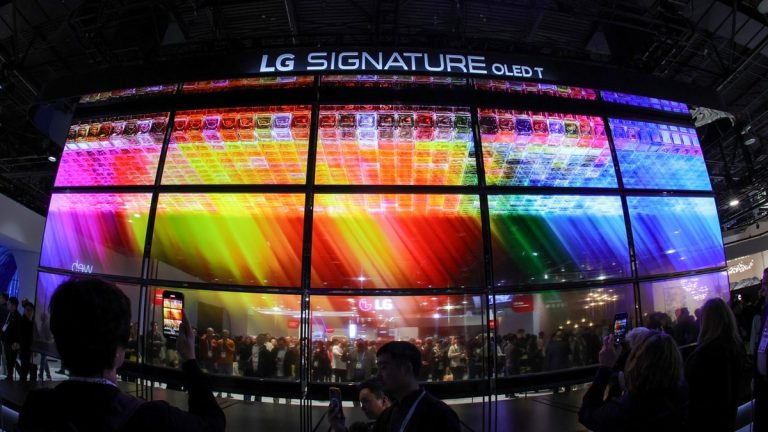Revealing the future of home technology at CES
The Consumer Electronics Show (CES) has long been a platform for major technology players and innovative startups to showcase their cutting-edge technologies. The 2024 edition was no exception, highlighting several home technology trends. Great emphasis was placed on smart home innovations and energy management, reflecting the increasing focus on efficiency and sustainability in our daily lives.
According to data provided by Parks Associates, 42% of Internet-using households in the United States now boast smart home devices, with an average of 17 connected devices per household. This underscores the rapid integration of technology into our homes, making them smarter and more convenient.
Advances in energy-independent solutions
Noteworthy developments unveiled at CES include the DELTA Pro Ultra whole-home generator and EcoFlow's Smart Home Panel 2. These energy-independent solutions underscore the growing trend toward self-sufficiency in energy management.
Nice, a home automation company, showcased energy management solutions tailored to suit various budgets. These technologies not only make homes smarter, but also contribute to environmental conservation and cost-saving efforts.
The evolution of home energy management
The evolution of home energy management was a prominent topic at CES. The solutions on display ranged from smart panels to WiFi-enabled monitoring systems and generative artificial intelligence. These innovations promise to transform energy management, providing homeowners with unprecedented control over their energy consumption.
For example, Impulse introduced a built-in battery stove designed for precise and efficient cooking. Bosch, a leading home appliance brand, showcased efficient electric water heaters, updated dishwashers and heat pump technology.
LANEY Energy Storage has made a big impact with its energy-independent heat pump. This combines solar energy and storage for a carbon-neutral HVAC solution, reflecting the growth of sustainable technology in the consumer electronics industry.
Robotic home services and smart home ecosystems
Robotic home services and smart home ecosystems continue to evolve, with the emergence of smart TVs playing a crucial role as central control centers. This trend is expected to accelerate with the adoption of interoperability standards that will allow different devices to communicate seamlessly with each other.
The increasing integration of artificial intelligence and virtual reality into everyday household items was one of the major highlights of CES. These advances are designed to enhance comfort and efficiency, making our homes smarter and more responsive to our needs.
The upcoming CES, scheduled for 2025, is expected to bring further advances in these technologies. As the home technology landscape continues to evolve, the focus on green and sustainable solutions will continue to be a priority. Consumers can look forward to more advanced smart home devices and energy-efficient solutions that will make their lives easier while also contributing to a greener planet.

